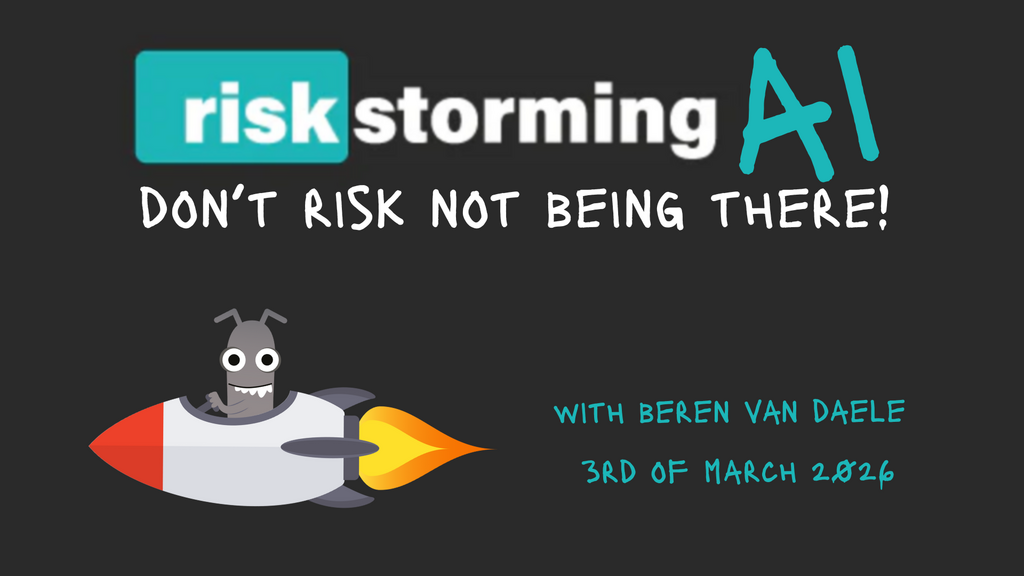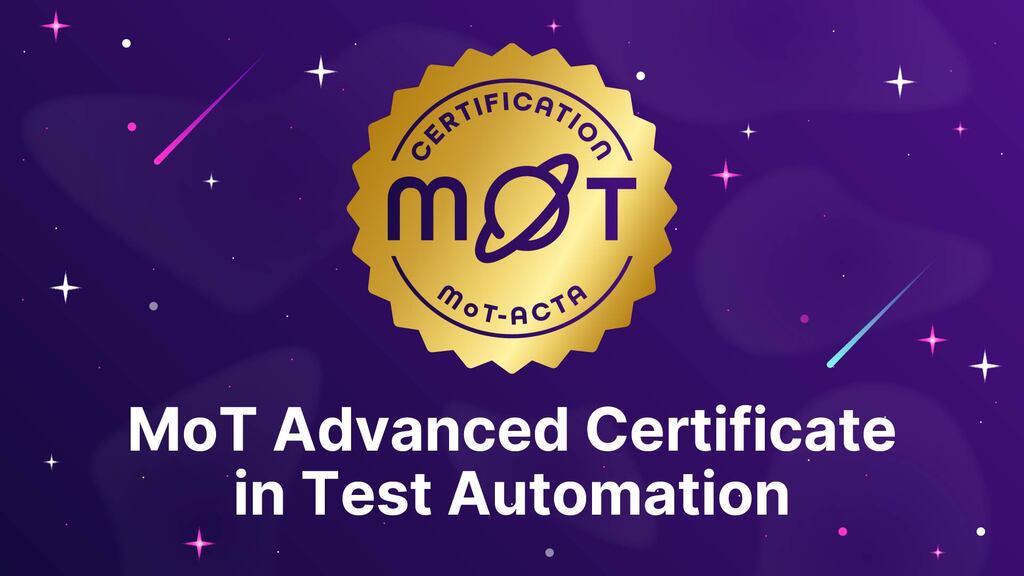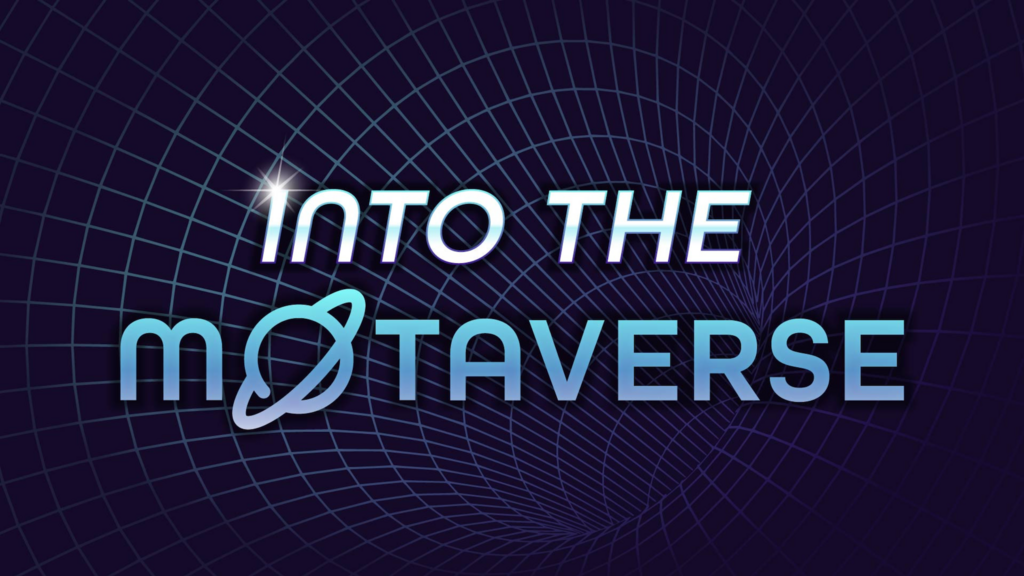Tips On Seeking Management Approval, From A Manager
By Dan Ashby
As a manager, I regularly get many requests from people asking if they can attend conferences and the workshops that run alongside the conferences too. And like any company, we don’t have an unlimited budget, so I’d like to share what my expectations are, as a manager, in making an informed decision about whether we can buy a ticket or not to the conference event.
Reviewing Conference Options
Conferences are events where people congregate and talk, listen, learn and confer around a topic or theme in line with a shared interest among the participants. In the world of software testing, there are many testing conferences that occur annually. Some examples are the TestBash conferences hosted in many different locations all over the world on a regular basis. You can find a good list of conferences available all over the world at testingconferences.org.
There are many different types of conferences too. Some conferences focus on particular themes:
automation conferences
context-driven conferences
agile testing conferences
waterfall testing conferences
And some conferences run in different styles:
single track full-day conferences
multi-track, multi-day conferences (where multiple talks run at the same time in different tracks, and you get to choose which one is most appealing to you)
Peer conferences which are much more intimate and conversational, with an aim to focus on a particular topic and dive really deeply into that topic.
Workshop conferences are becoming popular, where all of the sessions offered over the course of the conference are workshops with practical hands-on learning.
Have a think and do some research on which conferences look most appealing to you.
Attending Conferences Promotes Learning & Innovation
In our domain of software testing, it’s difficult to study our craft. There are a very limited amount of universities or colleges that offer software testing as a curriculum, and self-studying can be a challenge without proper guidance with there being so much conflicting information on the internet. However, our industry has a huge, thriving community of people to learn from. At conferences, many of the thought leaders in our industry attend these conferences.
Attending conferences allows you to learn from everyone, both from attending the presentations and workshops that occur at the conference and from listening to the stories and experiences that are shared from fellow testers and conference goers as part of the huge social elements that you get at conferences. Additionally, conferences are great for sharing your own experiences and stories too.
There are so many benefits from conferences. In my own experience:
I've always learned new things from conferences that I’ve been able to take back to my workplace.
I've been able to build up my experience in talking about testing, which has been effective in helping me influence my workplace in adopting great testing approaches.
I've been able to advance in teaching and coaching others through sharing my experiences.
I've been able to grow my own reputation as a tester through conferences while also making some great friends along the way.
Making Your Case For A Conference Budget
As a Manager of testers, in my experience, it really helps if the people in my team do some prep in bringing a case to the table for why they want to attend a conference and what good it will do for the company. This is typically known as a business case. Although I have a budget for my team, I have a big team and a small budget in comparison, I need to make sure it’s valuable, so the business case helps me to be able to get approval to spend the budget on the conference.
Writing A Great Business Case
Writing a business case might seem like a daunting thing to do, but don’t worry. Here is a broken down version of the elements required to submit a business case:
Conference details
Put the important information first. List out what the conference or training event is and the reasons you’d like to attend. It’s important for your manager to see the punchline info first so it sets the context for the rest of the email, allowing them to make a decision. Bullet-pointing this information first will help your manager see when you’ll need time off projects, how long you’ll be out of the office, the event and what you’ll gain from it and where it’s located as this will determine additional costs for travel and accommodation. List out the following:
the name of the conference,
the location it’s held in,
the conference dates,
the theme of the conference and any other relevant information about it (you can obtain all this info from the conference’s website).
Conference ticket costs
List out the ticket costs in its own section.
Note any deadlines for obtaining the early bird discounts too (you want to be clear, simple and accurate in detailing the costs).
Anticipated travel costs
Be it flight, train, petrol/parking, or a bus ticket, it is valuable to work out roughly how much this will cost the company and detail these too.
Include some links to the research you’ve conducted through travel booking sites.
Anticipated accommodation costs
Many conferences are multi-day and some conferences are also based inside hotels themselves, so do your research and scout out a suitable place to stay. Detail your intended “check in” and “check out” dates and times.
Detail these costs and duration for your accommodation.
Reasons for attending
This is key information for the business case. You should do lots of research on the conference:
Which talks are beneficial to you and the company?
Who are the speakers you really want to see and why?
It’s important to do research on this as it shows that you are keen and serious about attending and showing some basic interest in the speakers also shows your manager that you are interested in the external community.
Are there any specific socialising opportunities at the conference? Most conferences have evening drinks and socialising. This is a great benefit of conferences as you get to interact with some of the speakers and other attendees and you should list this as a benefit in the business case too.
One more thing regarding this section: remember to always relate all the benefits from attending the conference back to your company, your team and the work that you do.
Sharing the learning within the company
This is very important information to detail in the business case and plays a big part in swaying your boss into making a positive decision on you attending the conference. You need to think about and list out:
How will you transfer the things that you’ve learned back into your team at work?
How will you share the knowledge and experiences you’ve gained?
How will you show your boss that she or he made a good choice in approving the conference?
Some top tips for relaying information back into the company include:
hosting brown bag sessions (lunchtime learning) on the information you gain from specific talks,
presenting at an “all hands” meeting with an overview of the conference and your experiences and key takeaways from it,
creating a newsletter detailing key topics and your own opinions on them,
writing articles for an internal blog feed about the conference and what you learned,
you could have 1:1 pairing sessions with each of your team members individually to share lessons from the conference.
You should always pitch doing a few of these things to show that you will be helping the whole team learn from your attendance at the conference or training event. That’d go down well with your manager.
So, with the all of the above in mind, here’s an example email with a business case containing info that I'd expect to see as a manager (NOTE: This is an example. Feel free to use this as a template, you can download a copy at the bottom of this article, but remember to mould this to be relevant to your own context!):
Hi Dan,
I'm really interested in attending this year’s TestBash conference in Manchester! TestBash is one of the world’s most popular testing conferences and it would be very beneficial for me to attend. I'm supplying this business case to seek approval for a budget to cover the costs of the conference ticket, my travel, and my accommodation.
Conference details:
The conference dates are 26th to 28th October – the first day is a workshop day, the second day is the conference day and the third day is an Open Space
The conference will be held at The Lowry in Manchester.
Conference ticket costs:
Ticket costs = £899. This gives access to all 3 days (workshop day, conference day and the open space).
Travel and Accommodation costs:
Travel costs = £100. This is for a return train ticket from London to Manchester, travelling up on the 25th October and returning on the 28th October.
Accommodation costs = £300. This is for 3 night’s accommodation, from the 25th October to the 28th October.
Reasons for attending:
There are many important benefits gained from attending this conference:
There are some great talks lined up covering the following areas that are relevant to our team:
Exploratory Testing - This is valuable to the company because of A.
Psychology in testing - This is interesting to my team because of B.
Enhancing skills - This is important to me because of C.
Microservices - This is relevant to the team because of X.
Accessibility Testing - This is important to learn about for our users because of Y.
Automation - This is valuable to learn for the company because of Z.
There's also a great selection of workshops on day 1, some of these focus on the following topics:
Web App Security testing -This is relevant to the team because of X.
API testing - This is valuable to the company because of A.
Rapid software testing (on test recording and reporting) - This is valuable to learn for the company because of Z.
Hiring and recruitment skills - This is important to me because of C.
There are many inspirational speakers to learn from, including:
Anne-Marie Charrett
Michael Bolton
Richard Bradshaw
There are also 3 evening meet ups for socialising. This will give me the opportunity to interact with the speakers and other attendees. This is extremely valuable for learning and sharing ideas.
The Open Space being held is a fantastic opportunity to talk about relevant topics and challenges that we are facing within the company, and to learn and obtain advice from industry leaders and other testers too.
As you can see, the conference is very valuable and offers lots of learning opportunities that I would bring back into the company, Relaying the information to the team in many ways.
Sharing the knowledge:
I would commit to writing a blog post on the talks, providing insight into the key lessons I obtain from them.
I would commit to performing a lunchtime brown bag session to present information and replay some of the exercises from the workshops I attend.
I would write up a 1 page newsletter to highlight my opinions of the conference detailing the things I learn and the value I've obtained from attending.
I really look forward to this opportunity. If successful with obtaining budget, I’ll inform my project team and will obtain cover from my colleagues for during my attendance at the conference, so that the project is not affected.
Please let me know if you require any further info.
Thanks,
Dan
Secondary Options & Ideas For Attending Conferences
If you submit the business case, make sure to get it in as soon as possible and put emphasis on the dates when the early bird discounts end. It’s surprising how many people seek approval for the early bird pricing, then obtain approval when the ticket prices are higher.
Remember that it might take a little while for your manager to get an outcome for your request (e.g. if there is an approval process she or he needs to follow). Find out how much time your manager will need to make a decision when you submit the business case too! If you’ve mentioned early bird discount prices, you should make it clear that those prices will change if you can’t get a decision sooner. Hopefully, it won’t take too long to get a response from your manager and that news will be positive!
But obviously, there is no guarantee and if the business case doesn’t work then don’t be afraid to ask your boss why! Don’t immediately accept the refusal - it may be due to something trivial that you can turn around. Ask your manager if there is anything you could do to help overturn the decision in letting you attend the conference.
If your company is unable to, for whatever reason, help you attend a conference or workshop, then there are other ways that you might be able to attend:
Apply to speak - Most conferences will supply speakers with a free conference ticket, and many conferences will also pay for your travel and accommodation costs if you are a speaker too. If you’re interested in speaking at conferences, but don’t have the experience yet then you can reach out to the lovely people at SpeakEasy, who will set you up with one of their great mentors to help you facilitate a great talk and coach you with preparing and practising too.
Offer to volunteer - Conferences don’t run themselves. It takes a large concerted effort from the organisers and the volunteers to pull off a great conference, from setting up the rooms, meeting and greeting people, being a mic runner for questions, operating a swag table, or anything else in between. So if you’re looking to attend on a free ticket and are happy to help out with some of this stuff, contact the conference organisers to see if they have any spaces left for volunteers.
Look for a scholarship - Some conferences offer some people the opportunity to obtain a ticket through scholarships or competitions. It’s worth watching the conference website and keeping your eyes on the testing community and social media channels for opportunities like this to arise.
Paying for your own ticket - Look out for early bird deals and reach out to speakers for discount codes before booking too. If you do pay for yourself, then be sure to ask your work if you can take the days off as training days so that you don’t need to use annual leave to attend.
Planning Ahead Never Hurts
Conferences run every year. If you find one you are very interested in attending, explain that you are keen to go the following year and re-mould your business case in anticipation for the next time the conference comes around. Getting the request in early when the new budgets come into play should give your request a better chance of being approved.
If the business case does work and you get your ticket, then fantastic!! Prepare for the conference by picking out the talks you want to see (some conferences have multiple tracks). Read up on some of the talk topics. For the conference, make sure to pack your pens, pencils, notepads, etc. Remember your commitments to relay that info back to your colleagues. Keep that in mind when you are collating your notes. Remember to inject your own thoughts and opinions about what you learn too.
So, I hope you find these tips and the email template useful. It’s given from my perspective as a manager and I find the information included in the template to be the most essential to approve a budget for my team, allowing them to attend the best conferences which make the most difference to the whole team. If you do use the template, I'm keen to hear whether it is successful or not. Please share your experiences on The Club!





